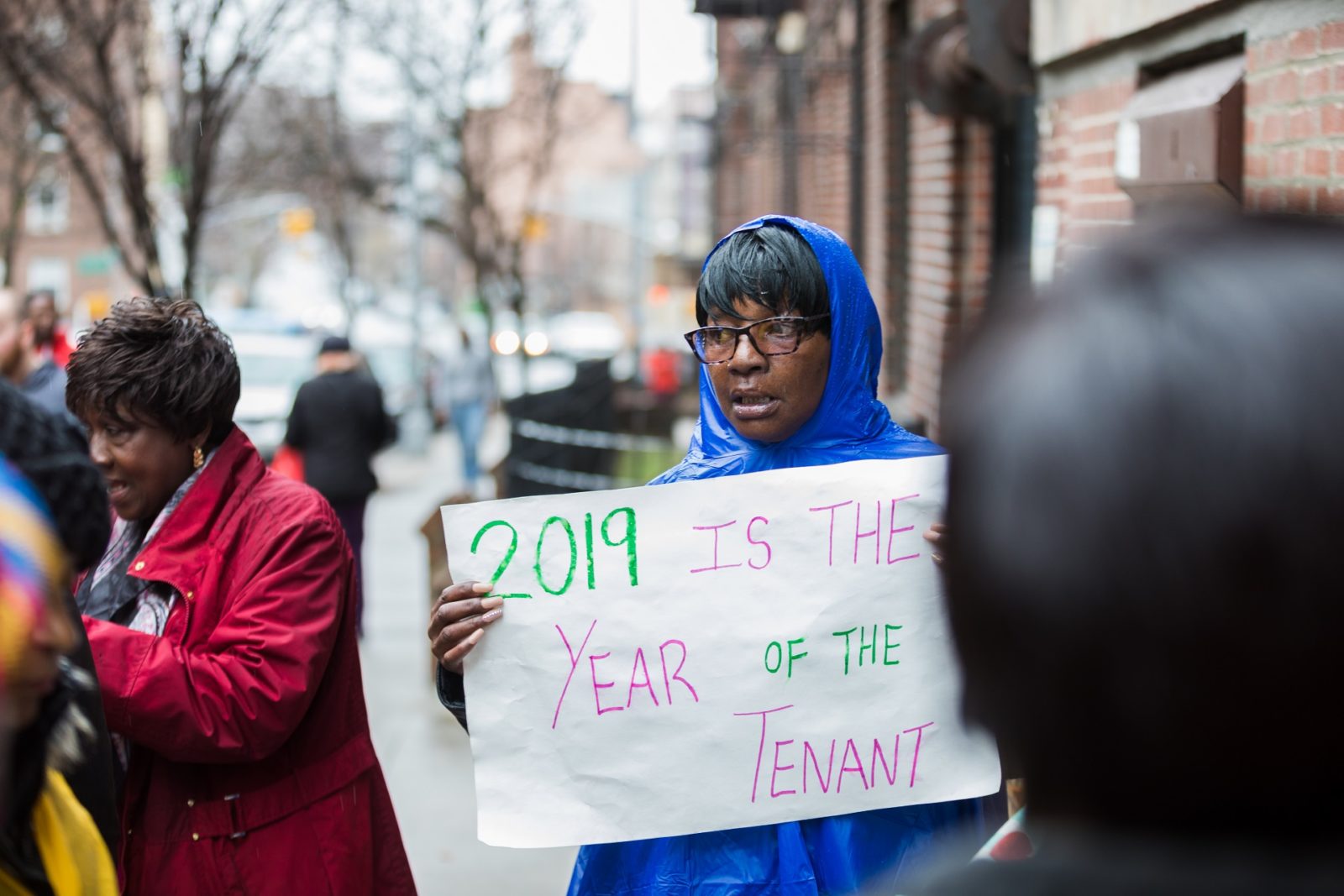Energized tenant movement vows to keep fighting as historic rent reforms pass
"This is going to make a major difference in this community,” said one tenant.

State legislators on Friday passed a historic package of bills to increase tenant protections and close loopholes that landlords often use to raise rents, leaving members of a newly energized tenant movement ecstatic and relieved.
The legislation encompassed eight bills that were supported by a vast coalition of tenant and housing activist groups.
The vote was 36 in favor, 26 against in the Senate; and 95 in favor and 41 against in the Assembly.

Brooklyn Boro
View MoreNew York City’s most populous borough, Brooklyn, is home to nearly 2.6 million residents. If Brooklyn were an independent city it would be the fourth largest city in the United States. While Brooklyn has become the epitome of ‘cool and hip’ in recent years, for those that were born here, raised families here and improved communities over the years, Brooklyn has never been ‘uncool’.